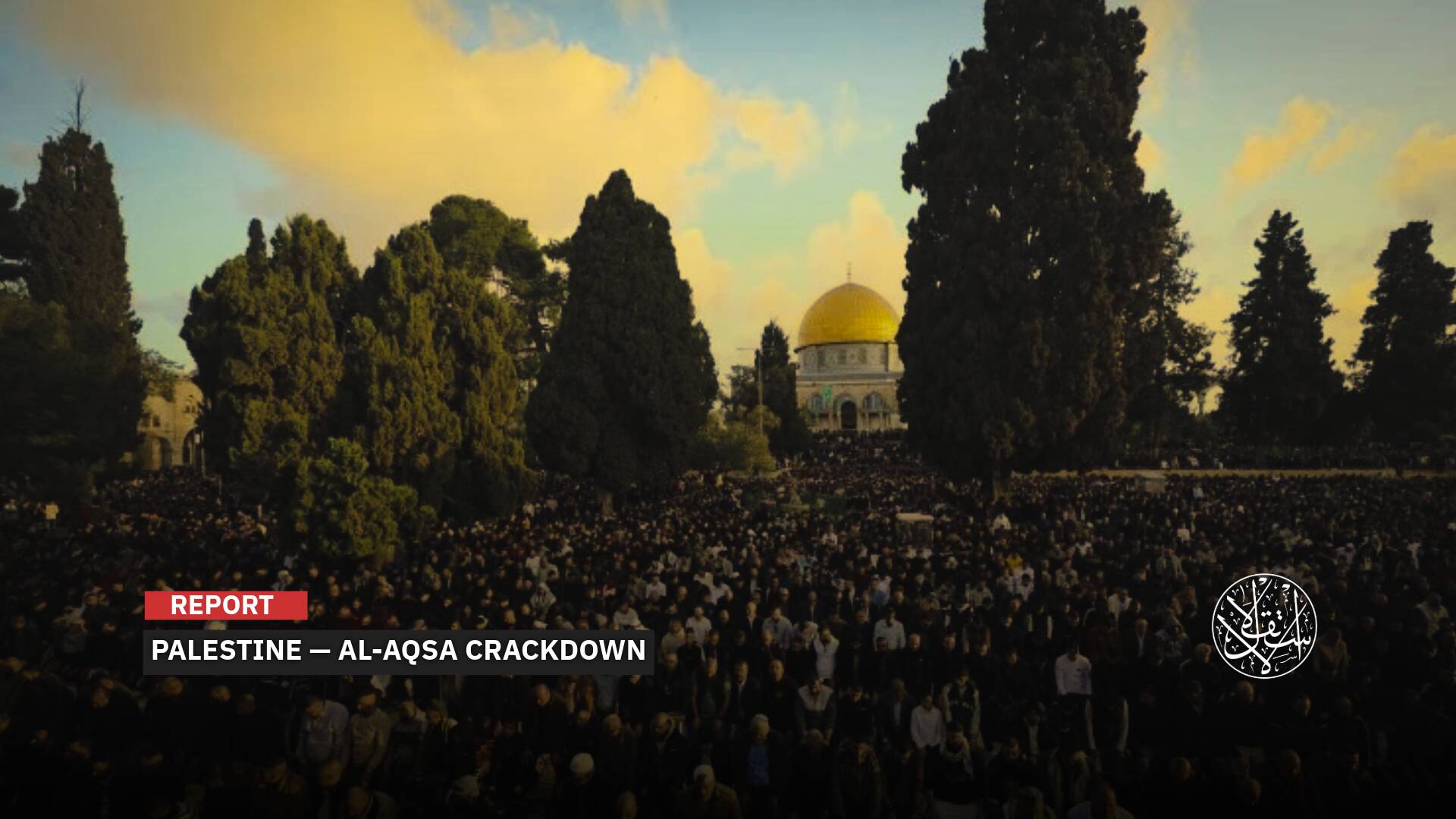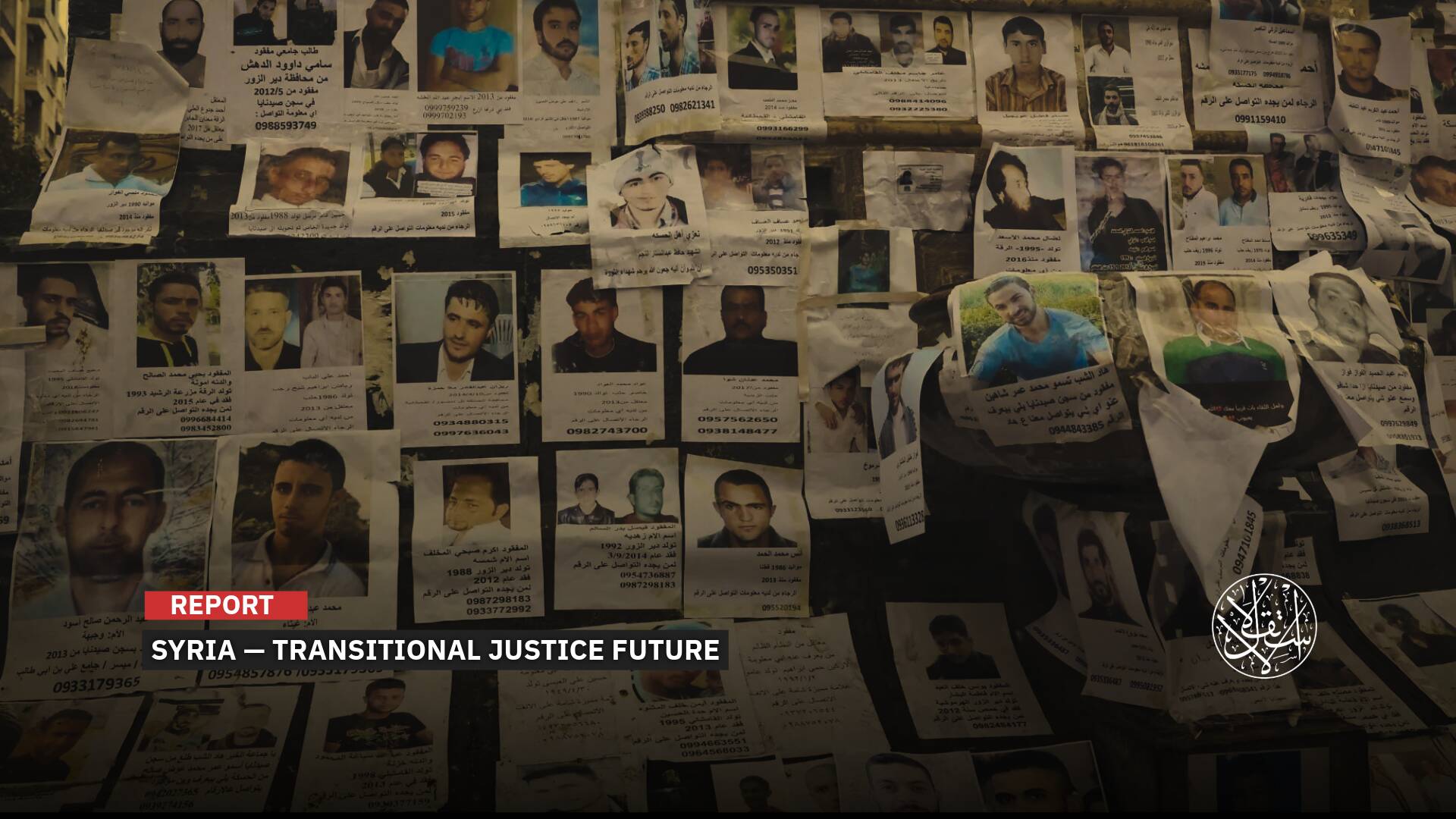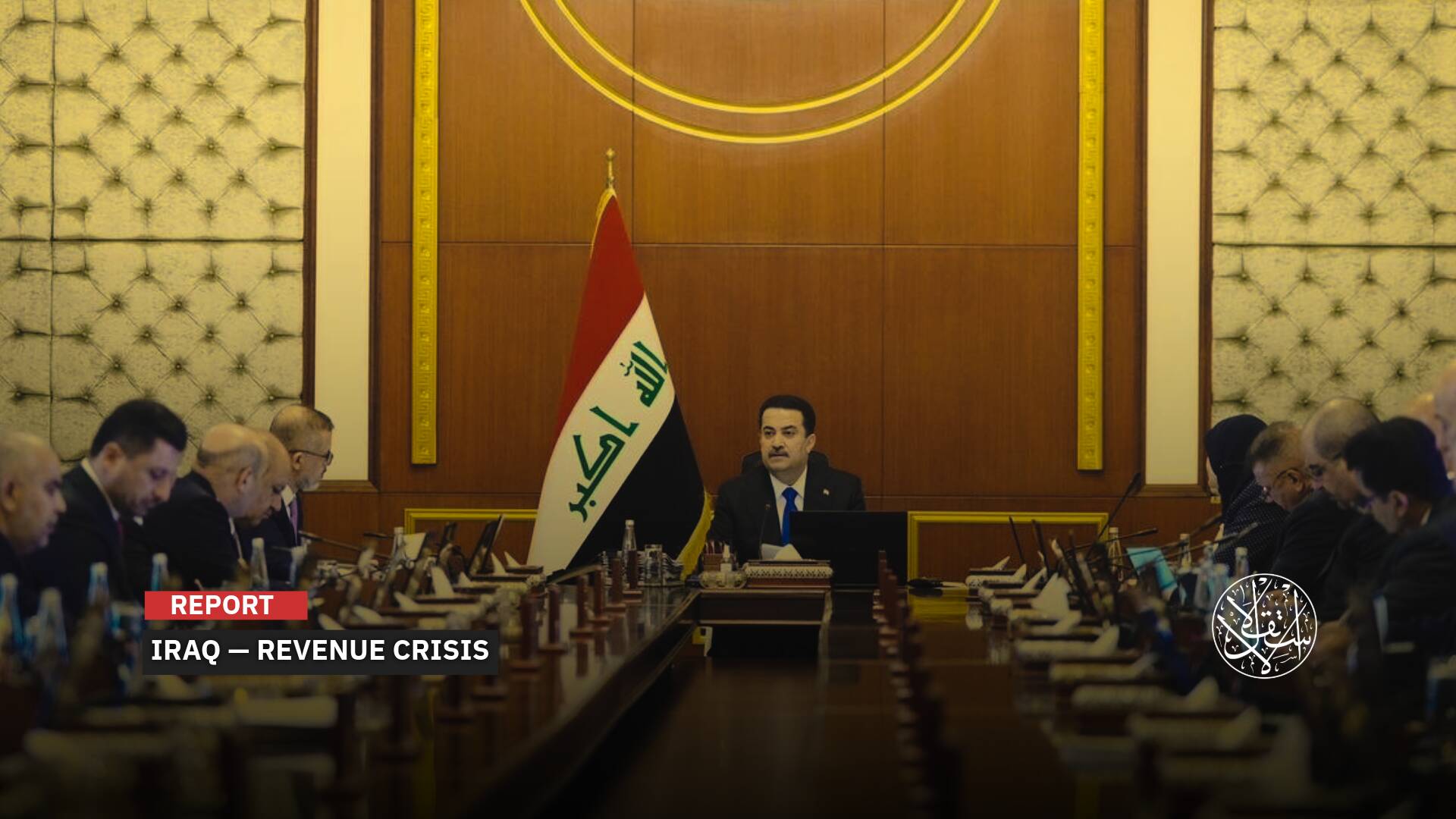The Palestinians Are the Most Affected — How Will Israeli Occupation Shape Be After the Judicial Coup?

After a seismic shift triggered by his recent moves in his bid to control the judiciary, Israeli Prime Minister Benjamin Netanyahu announced the next steps that his coalition government intends to implement, amidst ongoing protests within the occupied territory.
Netanyahu declared on August 6, 2023, that he will work on altering the committee responsible for appointing judges and will continue to execute his judicial plan through legislation passed by the Knesset (Israeli Parliament), where his coalition holds the majority.
In an interview with Bloomberg, Netanyahu said the next step is likely to be the formation of the committee that selects judges, along with the need to push through further legislation.
The committee responsible for appointing judges consists of 9 members, and its role is to appoint judges, including those of the Supreme Court. The Minister of Justice, Yariv Levin, aims to change the composition of the committee, allowing the coalition to maintain an automatic majority in its makeup.
Undermining Judiciary
This revelation of the anticipated step follows the Israeli Knesset’s final approval on July 24, 2023, to abolish the law of unreasonable excuse.
This law granted the Israeli Supreme Court the legal and administrative authority to reject government decisions that didn’t align with the public interest, and annul some of them if they contradicted the greater good.
The reasonableness legislation provided the judiciary, including the Supreme Court, the legal grounds to reject government decisions, whether related to appointments in the public sector or other general decisions conflicting with the public interest and not giving proper weight to the general interest.
It is worth mentioning that this law was used to reject the appointments of ministers and security officials, including former senior official at Shin Bet (Israeli Security Agency), Yossi Ginossar, whose appointment as Director General of the Ministry of Construction and Housing in 1993 was denied following allegations against him.
In the same year, the Supreme Court issued a ruling invalidating the appointment of Aryeh Deri as a minister in the government of former Israeli Prime Minister Yitzhak Rabin after charges were brought against him.
As a result, the law prevents the Israeli courts, including the Supreme Court, from applying what is known as the Reasonableness Standard to decisions made by elected officials.
The reasonableness law is one of 8 legislative proposals put forward by the government under the banner of restoring balance between the legislative, executive, and judicial authorities within the judicial reform plan, which the opposition refers to as a “coup,” leading to protests for nearly 30 weeks.
“Israel” now awaits a near-total paralysis as a result of the anticipated protest actions announced by the Israeli opposition following the recent Knesset approval.
The protest leaders declared on August 12, 2023, that if the Israeli government doesn’t comply with the decisions of the Supreme Court, they will seek complete paralysis of the state and a general strike in the labor market.
Protests against the judicial weakening plan continue, with protester numbers surpassing the 100,000 mark on an almost daily basis, alongside hundreds of soldiers announcing military disobedience and refraining from military service as the plan continues.
As the demonstrations and clashes persist, warnings within the occupied territory are growing about the possibility of a civil war outbreak.
Two public opinion polls within “Israel” reveal that advancing the judicial legislation would deepen the stark division within society, with the majority of Israelis fearing a “civil war” and damage to domestic security conditions.
According to a Channel 13 poll, nearly a third of Israelis are considering leaving the occupied lands, and 54 percent of those surveyed fear damage to Israeli security situation following the judicial amendments.
A Political Standard
On his part, Dr. Saleh el-Naami, an expert in Israeli affairs, stated that the law of unreasonable excuse granted the Israeli Supreme Court the right to review government decisions and policies for cancellation, freezing, or ordering amendments, as well as overseeing appointments.
He further explained to Al-Estiklal that “once the court issues a decision stating that a government appointment is legally unreasonable, it is canceled. However, following the cancellation of this law and its authority by the Knesset’s vote, the court’s authority over government actions ended, and it became entirely under Netanyahu and the right wing.”
The expert clarified that this law serves as a cornerstone and a precursor to a series of laws and decisions that will completely change the judicial, legal, and governmental landscape within the occupied territory.
He emphasized that the upcoming phase will be more challenging and tense within the Israeli arena, where Netanyahu plans to pass a law that enables the government to form the committee of judges.
Thus, the selection criterion for the judicial apparatus will become political rather than based on legal competence.
“Through this law, Netanyahu aims to appoint judges who align politically with the government and with him personally. This will contribute to removing legal obstacles from his political path,” he added.
“Within the expected series of laws, there will be an overcoming law that will eliminate the Supreme Court’s oversight over the Israeli Knesset. This law will prevent the court from canceling, amending, or freezing laws passed by the Parliament. This will grant the ruling coalition near absolute authority.”
The expert clarified that Netanyahu also aims to take control of the position of the government’s legal advisor, which is appointed by the Supreme Court and often obstructs decisions through legal opposition. Therefore, the plan includes politically appointing the advisor within the government.
The Israeli right aims, by the end of the plan to weaken the judiciary, to completely eliminate any oversight that contradicts their policies and plans, according to el-Naami’s estimation.

Netanyahu aims to evade prosecution for corruption charges brought against him, in addition to reviving the leader of the Shas movement, Aryeh Deri, back into political life after his dismissal from the Ministry of Interior and later the Ministry of Health due to tax evasion allegations.
He affirmed that the ongoing protests in the occupied territory keep the possibility of clashes between right-wing and left-wing supporters looming, resembling a scenario of civil war, especially when the full plan is implemented.
He explained that the most alarming aspect in the Israeli political and security scene is the phenomenon of refusing military service, specifically within the Fir Force, which is crucial for the Israeli army.
“The siege of public institutions, roadblocks, strikes in the medical sector, withdrawal of major companies from investing in Israel, coupled with intense societal fragmentation to the extent of attempts to run over protesters by government supporters, all of these events protend a more dire outcome.”
What Awaits Palestinians?
In addition to creating a profound rift within Israeli society through Netanyahu’s scheme to undermine the judiciary, the repercussions extend further.
Observers believe that the most affected party by these steps will be the Palestinian people within the occupied territories, including within “Israel” itself, Jerusalem (al-Quds), the West Bank, and even Gaza.
Despite the Israeli Supreme Court’s integration into the oppressive Israeli system against Palestinians and its legitimacy for bloody military campaigns against them, it has taken some steps aligned with United Nations laws in favor of Palestinians in certain cases. Some analysts interpret this as an attempt to claim neutrality and gain international trust.
The religious Zionist movement has often accused the Supreme Court of not expediting settlement legislation in the West Bank sufficiently.
In 2020, the Israeli Supreme Court unusually annulled a law that retroactively legalized the construction of Israeli settlements on Palestinian private land.
With the Supreme Court’s oversight over government decisions suspended, it’s expected that such laws will be revisited and new laws introduced along similar lines.
Palestinian political analyst and writer Fayez Abu Shamala commented that Israeli encroachment on Palestinians will intensify after the repeal of the reasonableness law, especially after the formal control of the court over Israeli actions in Palestinian territories ends, and the government is exempted from legal consequences.
He added in an interview with Al-Estiklal, “Settlement activities were significant before this step, but afterward, they will escalate to a crazy extent. Finance Minister and Settlement Coordinator Smotrich will implement his criminal plan in the West Bank, aiming to expand Israeli control and annexation.”
This will also open the door for the National Security Minister and leader of the far-right Jewish Power party, Itamar Ben-Gvir, to carry out more massacres in Jenin, Nablus, and Jerusalem.
The writer stressed that al-Aqsa Mosque faces greater danger, and Bab al-Amud (Damascus Gate) has become a legitimate site for Ben Gvir’s plan to build the purported Temple in its place.
Terrorist groups’ activities within al-Aqsa and Jerusalem will increase as they actively seek to permanently alter the current situation.
He continued, “Even waging wars on Gaza and committing bloody massacres will become smoother for the Israeli Occupation after this law.”











